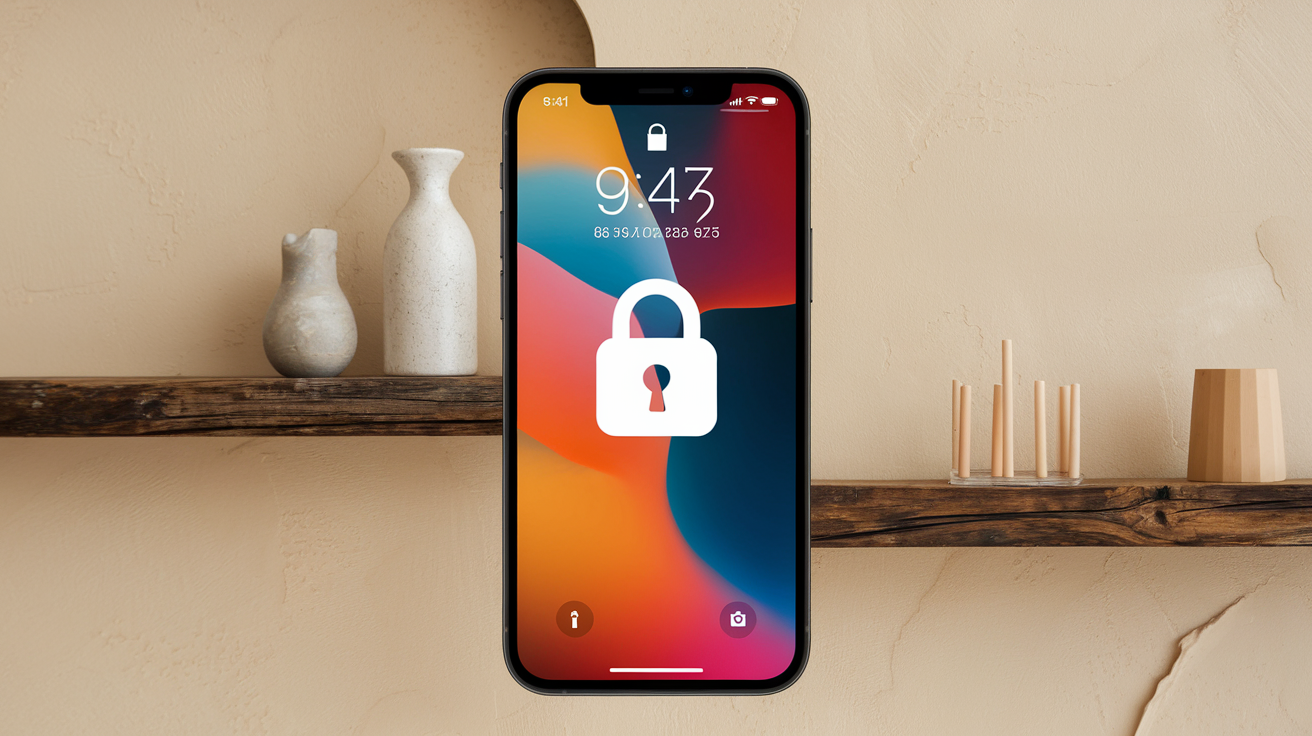Divorcing someone with narcissistic traits feels like trying to play chess with someone who keeps changing the rules.
The process becomes more complex when your spouse puts their needs first and shows little concern for others.
But here’s the good news – you are not alone in this experience. Other people have successfully managed similar situations, and their strategies can help you, too.
Here are some practical tips that can help you maintain your well-being and make informed choices while divorcing a spouse with narcissistic behavior.
Tips for Successful Divorce from a Narcissistic Spouse
Divorcing a narcissistic partner requires careful planning, emotional fortitude, and strategic decision-making.
These tips will guide you in protecting yourself while focusing on achieving your divorce goals effectively and safely.

Keep detailed records of all communications, including texts, emails, and phone calls. Save financial documents, take photos of valuable items, and maintain a timeline of important events.
This helps protect you when your spouse tries to twist facts or deny agreements.
Here are some important things to keep in mind:
- Store all text messages, emails, and written communications in a safe place
- Take photos of valuable items in the home
- Save financial statements, tax returns, and investment documents
- Record dates and details of important conversations or incidents
- Keep a simple diary of child-related activities and experiences
- Make copies of all legal documents and store them securely
2. Build a Strong Support System

Finding a lawyer with experience in divorces with narcissists. Consult a therapist who understands these behavior patterns. Include trusted friends and family who can offer emotional support without getting drawn into the conflict.
Considering these will help you build a reliable support network, which makes a huge difference during this process.
- Find a lawyer who knows how to handle high-conflict divorces
- Connect with a therapist who understands narcissistic behavior
- Join support groups with people in similar situations
- Identify trusted friends who can offer emotional support
- Consider working with a financial advisor to protect assets
- Create a list of emergency contacts for difficult moments
3. Set Clear Boundaries

Use email when possible – it creates a paper trail. Keep messages brief and focused on facts.
Avoid emotional responses or long explanations that could be used against you. Consider using a co-parenting app if children are involved.
Strong boundaries like these will help you to maintain control and reduce stress:
- Use email for all communications when possible
- Keep messages brief and focused on necessary information
- Avoid sharing personal details or emotional responses
- Block social media connections if needed
- Set specific times for discussions about divorce matters
- Use a co-parenting app for child-related communications
4. Stay Focused on Facts

Stick to business-like interactions. Don’t share personal information or respond to provocative comments.
Keep conversations centered on necessary divorce-related topics only. Keeping emotions separate from facts helps achieve better outcomes.
- Stick to business-like communications
- Keep records of all agreements and changes
- Avoid responding to provocative statements
- Focus on current issues rather than past conflicts
- Use neutral language in all written communications
- Share information only when legally required
5. Choose Legal Representation

Finding the right legal help matters greatly in these cases. A good attorney needs experience with high-conflict divorces and an understanding of narcissistic behavior patterns. The lawyer should respond quickly to messages and explain complex terms clearly.
Their strategy must include handling difficult personalities and protecting their client’s interests. The fee structure should be transparent, with clear billing practices that make sense for a potentially lengthy process.
Here’s what you should look for before choosing your attorney:
- Look for attorneys who know high-conflict divorce cases
- Check their experience with narcissistic personality patterns
- Ask about their communication style and availability
- Review their approach to difficult negotiations
- Confirm their fee structure and billing practices
- Request examples of similar cases they’ve handled
- Make sure they explain complex terms clearly
6. Maintain Emotional Distance

Creating space helps protect mental well-being during divorce proceedings. All conversations should stay brief and focused on necessary topics.
You can be involved in many heated conversations, so taking time before responding to heated messages prevents emotional reactions.
Here’s what to keep in mind to keep your emotions in control:
- Keep conversations brief and business-like
- Wait before responding to heated messages
- Avoid sharing personal feelings or updates
- Skip joint social events when possible
- Set time limits for any needed discussions
- Use neutral locations for required meetings
7. Use Parallel Parenting Strategies

This method works well with difficult co-parents. Each parent makes their own decisions during their time with the children.
Your communication should stay limited to important information about the kids. Child exchanges happen quickly and smoothly, without extra conversation.
Here are some detailed written schedules that prevent confusion and reduce conflict:
- Make separate decisions during personal parenting time
- Communicate only about vital child matters
- Keep child exchanges brief and focused
- Plan activities independently
- Hold separate celebrations for children
- Follow a detailed written schedule
8. Prepare for Court Battles

Make sure to organize your documents when heading to court. Prepare all paperwork that needs proper filing.
Financial records require careful storage and organization. Good witnesses can support important claims when needed.
These points should be kept in mind while organizing the documents:
- Organize all paperwork by date and topic
- Keep proof of all agreements and changes
- Save financial records and statements
- Create lists of assets and debts
- Find reliable witnesses if needed
- Document all parenting time and activities
9. Protect Digital Privacy

The security of your digital device needs extra attention while planning through a divorce. Shared passwords allow access to private information.
Old photos or messages might resurface at bad times. Your financial accounts might be compromised. Personal communications become public knowledge.
These tips might come in handy to secure your device:
- Update passwords on all accounts
- Add extra security to devices
- Remove shared access to cloud storage
- Back up important documents
- Check privacy settings everywhere
- Create new email accounts as needed
10. Stay Focused on Goals

You might get distracted by minor issues and waste resources. These might cause important deadlines to pass without proper attention.
During these emotional moments, settlement options often get overlooked. Progress happens step by step, focusing on long-term benefits rather than short-term wins.
To avoid diverting from the goal, keep these points in mind.
- List the most important outcomes
- Review priorities regularly
- Skip battles over small issues
- Keep attention on major decisions
- Set realistic timelines
- Track progress step by step
11. Control Information Flow

You will face a lot of manipulation while dealing with a narcissist, so managing your shared information might protect against manipulation.
Too much sharing will give away your negotiating power. Your spouse can gain advantages from knowing plans.
These points should be considered to prevent unnecessary sharing of details.
- Share only the required details
- Keep responses simple and clear
- Use writing for important matters
- Save copies of all shared items
- Think carefully before answering
- Limit updates about personal life
12. Build Self-Care Routines

Going through a divorce, especially with a narcissistic spouse, will be exhausting. The stress will affect your ability to make decisions.
So, building a self-care routine will help your mental health and give you the strength to face this difficult time.
- Set regular exercise times
- Plan healthy meal options
- Create quiet time each day
- Keep up with health checks
- Find stress relief activities
- Spend time with supportive friends
13. Plan for Post-Divorce Challenges

Financial surprises create serious problems later. So, building a solid foundation will help you plan for independent living.
Your career development also deserves attention, as career opportunities might get missed during this exhausting process of divorce.
- Create a detailed budget
- Consider future housing needs
- Plan career development steps
- Set up independent accounts
- Think about long-term goals
- Build new support networks
Conclusion
Ending a marriage with someone who shows narcissistic traits requires patience, preparation, and strong personal boundaries.
The tips discussed in this blog can serve as your guide through this challenging time.
Remember that taking care of yourself is not selfish – it’s necessary. Each small step you take to protect your interests and maintain your emotional health brings you closer to a more peaceful life.
You might feel doubtful or scared, but many people have walked this path before you and found their way to better days.
Frequently Asked Questions
How to Protect Yourself When Divorcing a Narcissist?
Document everything, limit direct contact, use written communication, build a strong support team, secure finances, set clear boundaries, and work with professionals.
Mistakes When Divorcing a Narcissist?
Common mistakes people make while divorcing are: believing their promises, sharing personal information, falling for manipulation, neglecting documentation.
Stages of Divorcing a Narcissist?
Finding out the narcissistic behavior, preparation and planning, legal proceedings with high conflict, emotional detachment with ongoing boundary maintenance.








